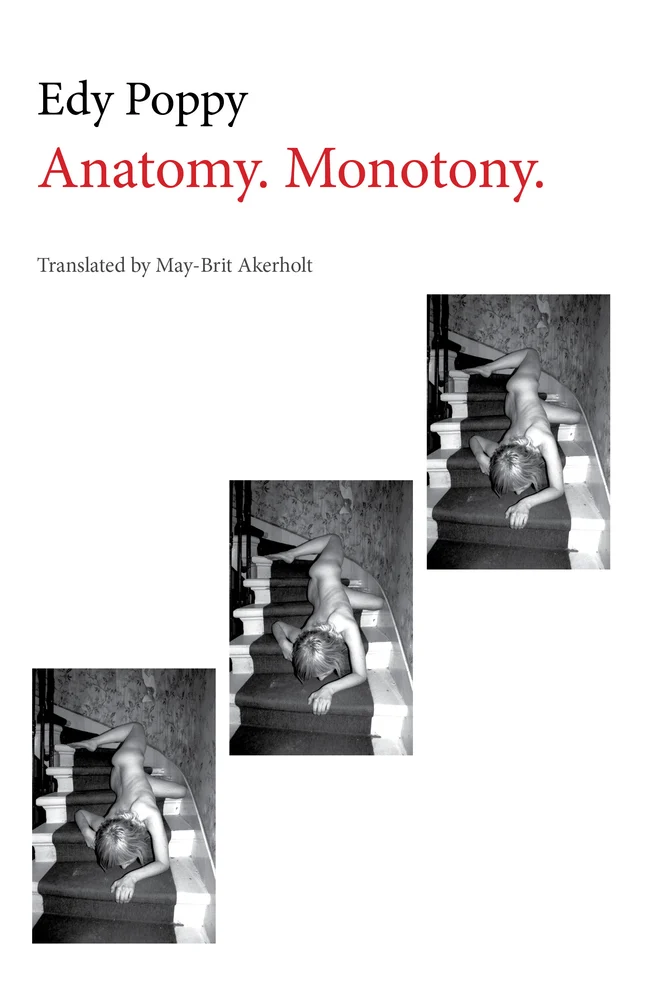Book by LYNNE SHARON SCHWARTZ
Reviewed by

Travel poses a particular seduction to writers, especially writers between projects, which Lynne Sharon Schwartz admits was her predicament when she began Not Now, Voyager. After completing her novel, The Writing on the Wall, which dealt with post 9/11 New York City, Schwartz wanted a retreat from American politics. An easy solution was to leave the country. But Schwartz didn’t want to go elsewhere in search of inspiration. For Schwartz, travel is “a distraction from writing—from living,” and often leaves her feeling bereft. During travel, Schwartz writes, “Most of me seems to have remained at home, or dormant, or in a state of suspended animation….” Her attitude, she realized, was unusual, or at least not one championed in a culture of rapid globalization. Not Now, Voyager was conceived as an antidote to this, and how much it succeeds as such depends on how much you enjoy wandering around Schwartz’s mind.
As a fan of Schwartz’s fiction, I was more than happy to have a glimpse of her thoughts, particularly the passages that dealt with her writing process, but at times the book felt a little slapdash. There’s no clear through-line as Schwartz wanders from essay to essay, reminiscing about past trips and vacations, and analyzing her fascination with a number of disparate subjects, including hotel soaps, brain surgery, and twins. Still, there are interesting insights and observations throughout. Ironically, Not Now, Voyager is the perfect travel companion—the kind of book to dip in and out of as you move from place to place, but not to settle down with, for hours, at home.
One of the more interesting threads in Not Now, Voyager is Schwartz’s studies of the Tao Te Ching, an ancient Buddhist text that warns against movement—or any kind of striving. Instead, it extols the virtues of waiting, listening, and—to use a word that will be familiar to fans of the The Big Lebowski—abiding. As Schwartz puts it, the Tao Te Ching “presented a way of living that contradicted everything I had ever learned.” It’s the ideal text for Schwartz to examine as she explores her own desire to sit still, and she often uses it as a reference point. It’s through reading the Tao Te Ching that Schwartz is able to articulate why being a tourist can sometimes feel like work, and how work—especially the kind of daily, rote activity that becomes second-nature—can feel like leisure. More subversively, Schwartz uses the Tao Te Ching to ask if travel actually expands the mind, encouraging changes in perception, or if it is, at heart, a consumer experience, offering few spiritual benefits.
As a travel writer, describing places she has visited, and people she has met, Schwartz is less interesting. In this sense, she’s a born novelist, not a journalist—good at getting inner life down on the page, not so good at evoking the small details, bits of dialogue, and happenstance events that bring another culture to life. But, she’s very amusing on the subject of vacation, and from the safety of home consults a wide variety of sources to learn about the origin of tourism, beach-going, and even hot dogs. In these moments, when Schwartz lets her natural curiosity run loose, the hodge-podge aspect of Not Now, Voyager is very satisfying. But at other moments, I felt that the book was just Schwartz spinning her wheels while she waited for another novel idea to arrive. When that happens, she will be able to embark on the kind of travel she likes best: an inner journey into the lives of her characters.
Hannah Gersen‘s fiction has appeared or is forthcoming in Crab Orchard Review, Granta Online, North American Review, and The Southern Review, among others. In addition, her journalism and essays have appeared in a variety of publications including The New York Times, The New York Observer, and The Millions. She lives in New York City.



